How Often Do You Really Need to Shower? Doctors Explain
If you’ve ever skipped a shower day and wondered if you’re gross, or showered twice and questioned your sanity, you’re not alone. Despite what commercials and cultural norms suggest, there’s no one-size-fits-all answer. Your body, lifestyle, climate, and even your skin type all play a role. And according to dermatologists, many of us are doing way more than we need to.
This guide breaks down what science and skin experts really say about shower frequency—so you can stop guessing and maybe reclaim a few minutes of your day (and some healthier skin).
Daily Showers Aren’t Always Necessary

Credit: pexels
Doctors agree that most people don’t need to shower every day. If you’re not exposed to dirt or doing any laborious work, a full shower every 2–3 days is often enough. Over-showering can strip your skin of natural oils and lead to dryness, irritation, and even eczema flare-ups in some people.
Sweat and Activity Levels Matter Most

Credit: pexels
If you work out, are exposed to the sun, or live in a humid climate, showering daily is more hygienic. This also applies if you have a physically demanding job. Sweat can trap bacteria and cause body odor. If left too long, it can also lead to clogged pores and breakouts.
Your Skin Type Plays a Role
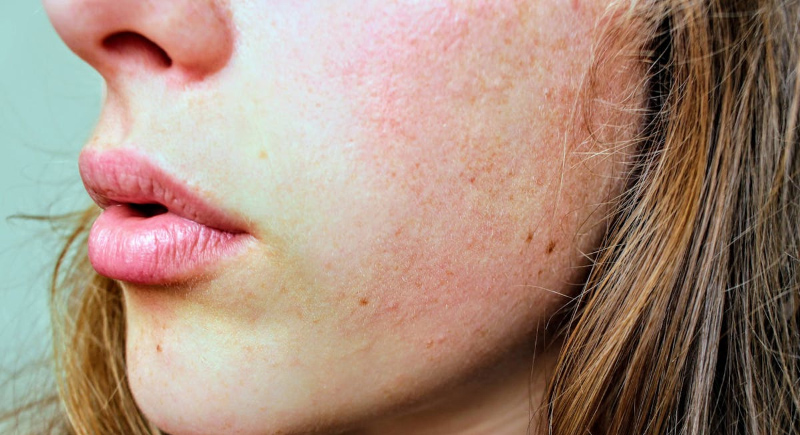
Credit: pexels
People with dry or sensitive skin should avoid showering too often, as it makes dryness worse. Dermatologists often recommend short showers every other day for those with eczema or psoriasis. Meanwhile, oily or acne-prone skin might tolerate more frequent washing with gentle products.
The Water Temperature Matters More Than You Think
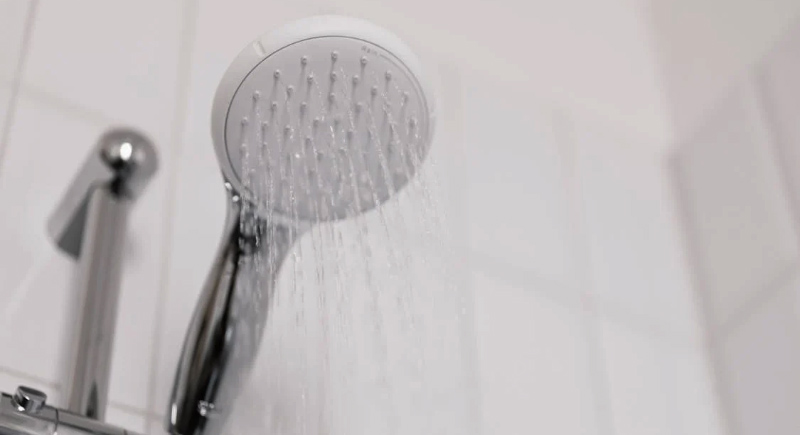
Credit: pexels
We all love those hot, steamy showers, especially when the temperatures drop. But hot water can do more harm than good. It strips the skin’s barrier and leaves it feeling tight or itchy. Instead, use lukewarm water to protect the skin’s natural moisture.
Not All Shower Products Are Skin-Friendly
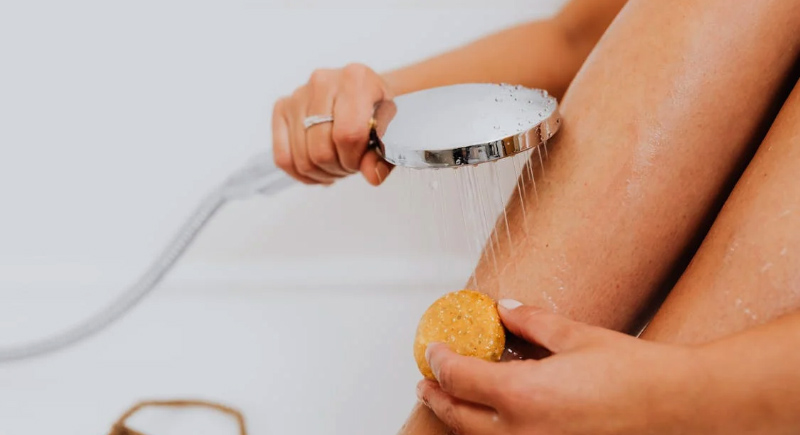
Credit: pexels
Ditch those fancy-looking soaps with strong fragrances. The strange ingredients used in such soaps can disrupt your skin’s balance. Experts recommend using mild, fragrance-free cleansers. Stick to gentle products and only lather the necessary spots, such as underarms, groin, and feet.
Kids and Seniors Often Need Fewer Showers

Credit: pexels
We often think younger kids and older adults need more showers. But that assumption is far from the truth. In fact, kids and older adults usually don’t need daily showers unless they’re visibly dirty or sweaty. According to pediatricians, 2–3 times a week is fine for most children to avoid dryness, and the same goes for older adults because dryness can cause irritation, especially for those with sensitive or thin skin.
Over-Showering Can Harm the Skin Microbiome

Credit: pexels
Maintaining a healthy skin microbiome is key for long-term skin health. The skin has a natural barrier of bacteria that helps protect against infections. Frequent washing with antibacterial soaps can disrupt this balance.
Spot Cleaning Works Between Showers
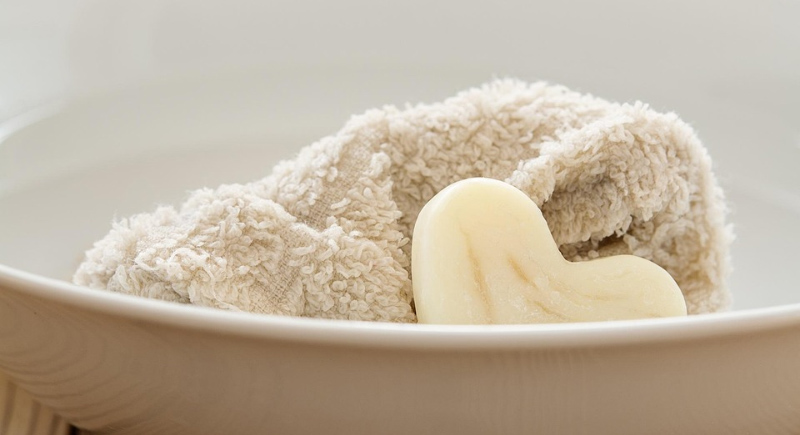
Credit: pixabay
If you don’t want to shower daily, a quick wipe-down of sweat-prone areas can go a long way. A damp washcloth or unscented wipe works fine. This method helps control odor and bacteria without drying out your whole body.
Hair Washing Doesn’t Have to Match Your Shower Schedule
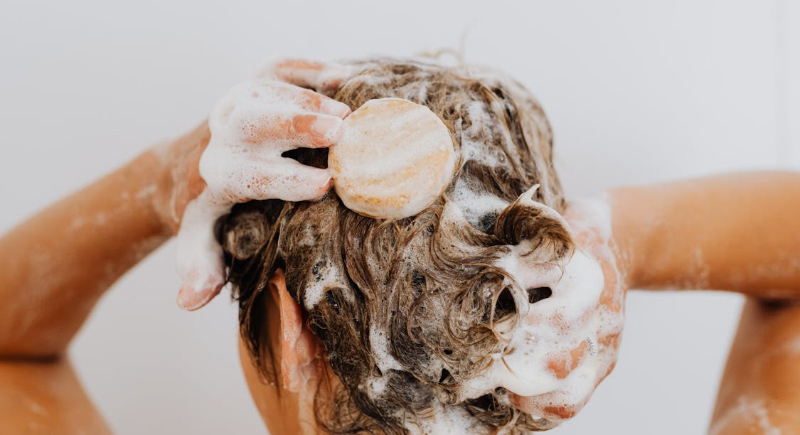
Credit: pexels
You don’t have to shampoo daily, even if you can’t skip showering. Most dermatologists suggest washing your hair based on its type—every 2–3 days for oily hair, and once or twice a week for dry or curly hair. You can cover your head with a shower cap to avoid wetting your hair.
Certain Medical Conditions May Require Special Routines

Credit: pexels
People with conditions like fungal infections, severe acne, or chronic skin inflammation may need more frequent bathing. In contrast, those with dry skin disorders may need to shower less and use therapeutic moisturizers afterward. It’s best to follow a dermatologist’s advice tailored to your needs.
Showers Can Affect Mental Health Too

Credit: pixabay
For some, showering daily provides mental clarity and a sense of structure. It’s a way to reset, especially in stressful times. While it’s not a medical necessity for everyone, the ritual of a warm shower can help with mood and focus, even if it’s just a rinse-off.
Americans Tend to Shower More Than Needed

Credit: pixabay
Compared to global norms, Americans often bathe more than necessary. In many countries, showering a few times a week is the norm. Cultural habits, advertising, and personal preference drive higher shower frequency, not actual health needs.
Moisturizing Right After Showering Helps Lock in Hydration
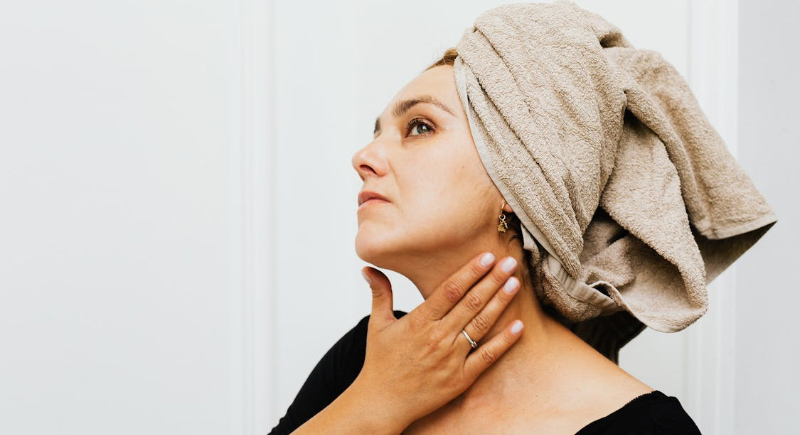
Credit: pexels
No matter how often you shower, applying moisturizer immediately afterward helps seal in hydration. Use a gentle, fragrance-free lotion while your skin is still damp. This helps repair the skin barrier and prevents water loss, especially for people prone to dry or irritated skin.
Listen to Your Body, Not a Rulebook

Credit: pexel
Lastly, it’s important to understand that there’s no universal answer to how often you should shower. The best routine is the one that fits your skin, lifestyle, and comfort level. If your skin feels fine and you’re not experiencing odor or irritation, you’re likely doing just fine, even if that means skipping a few days.